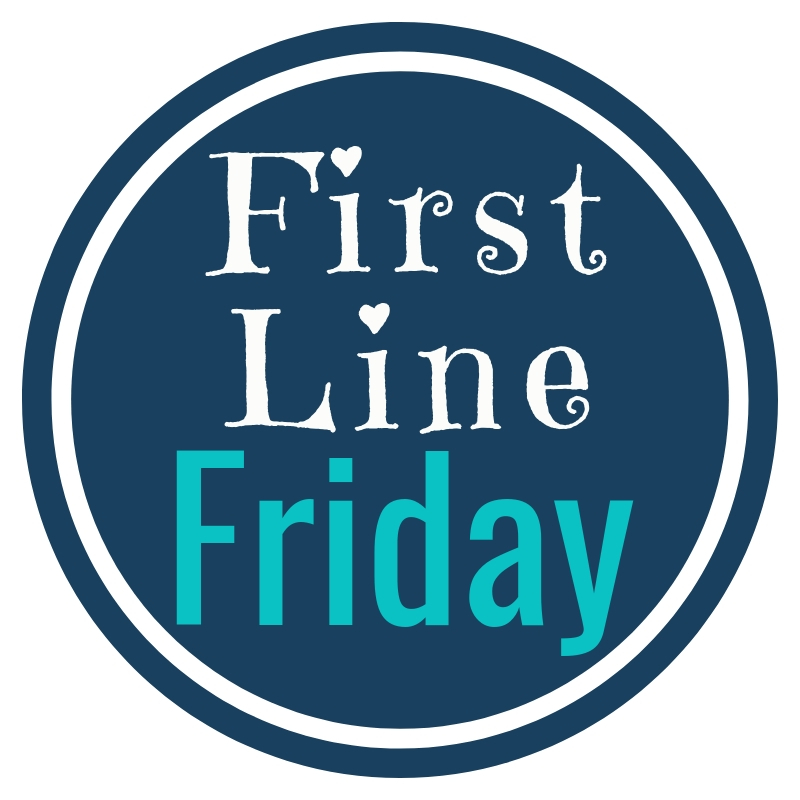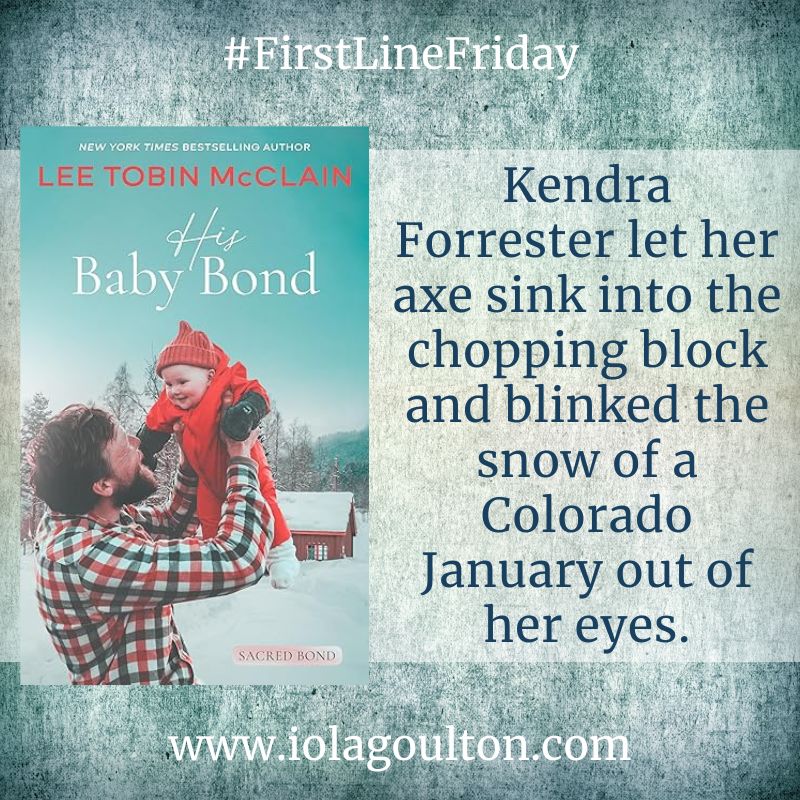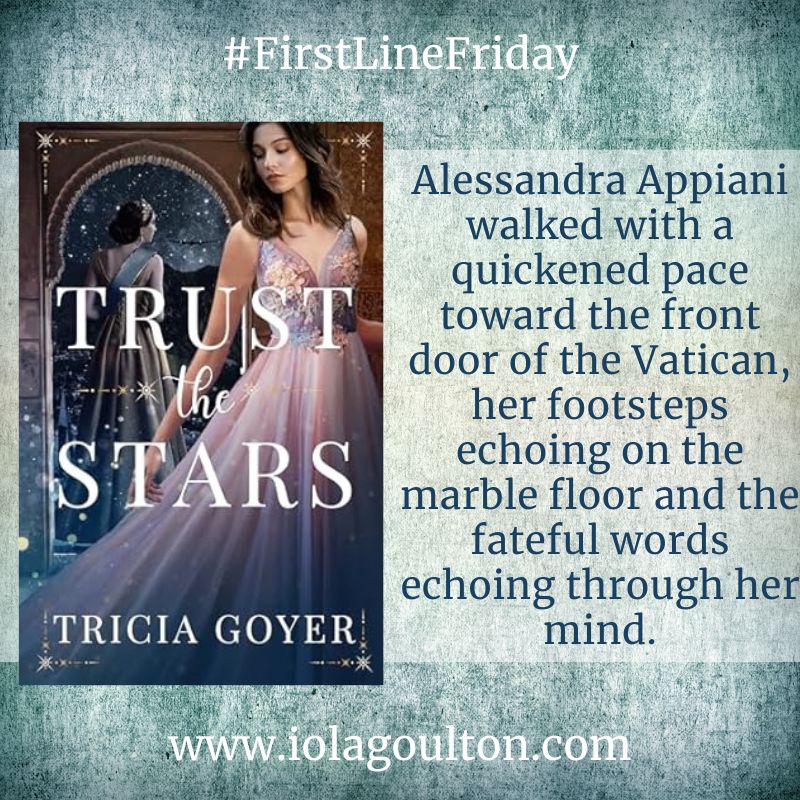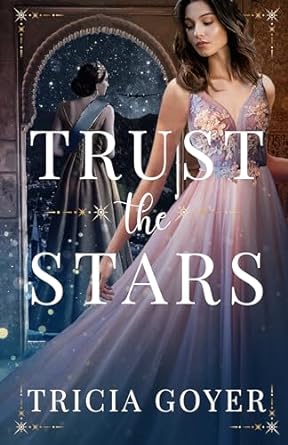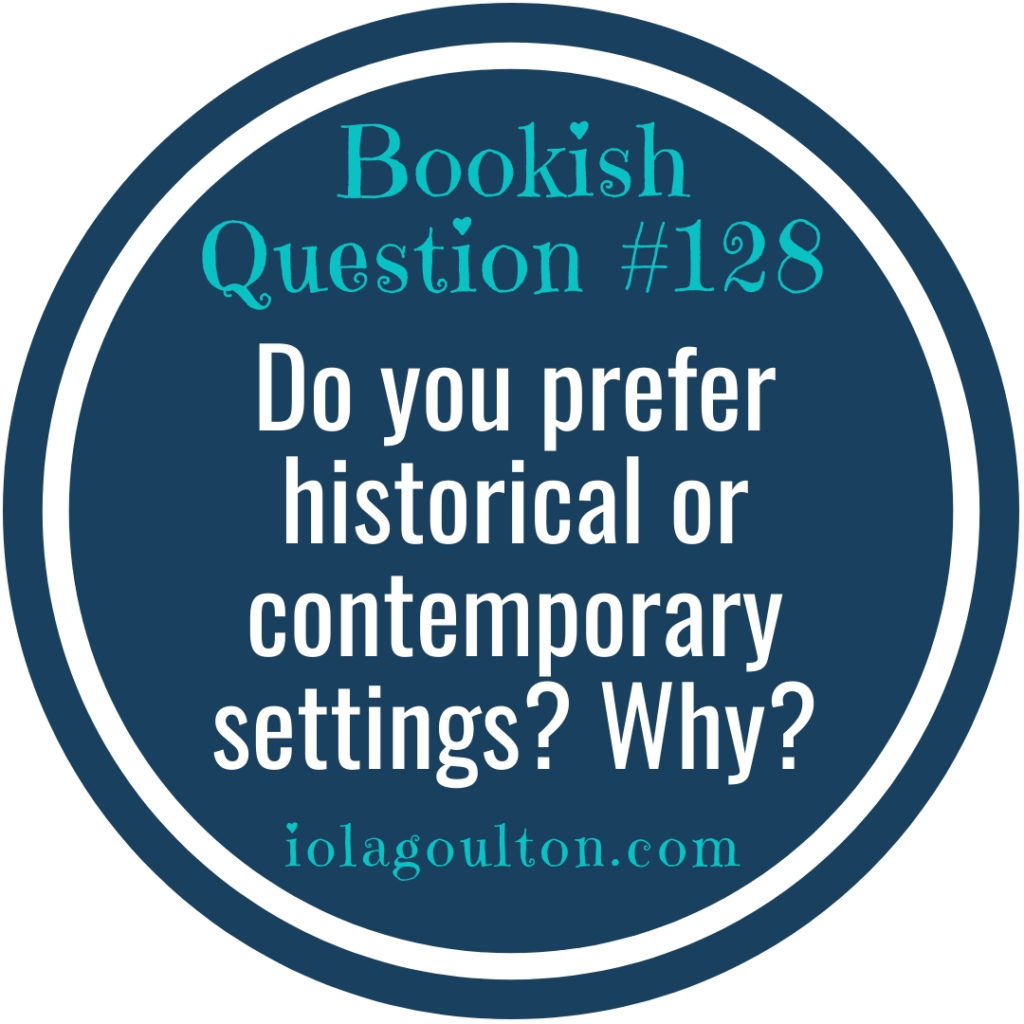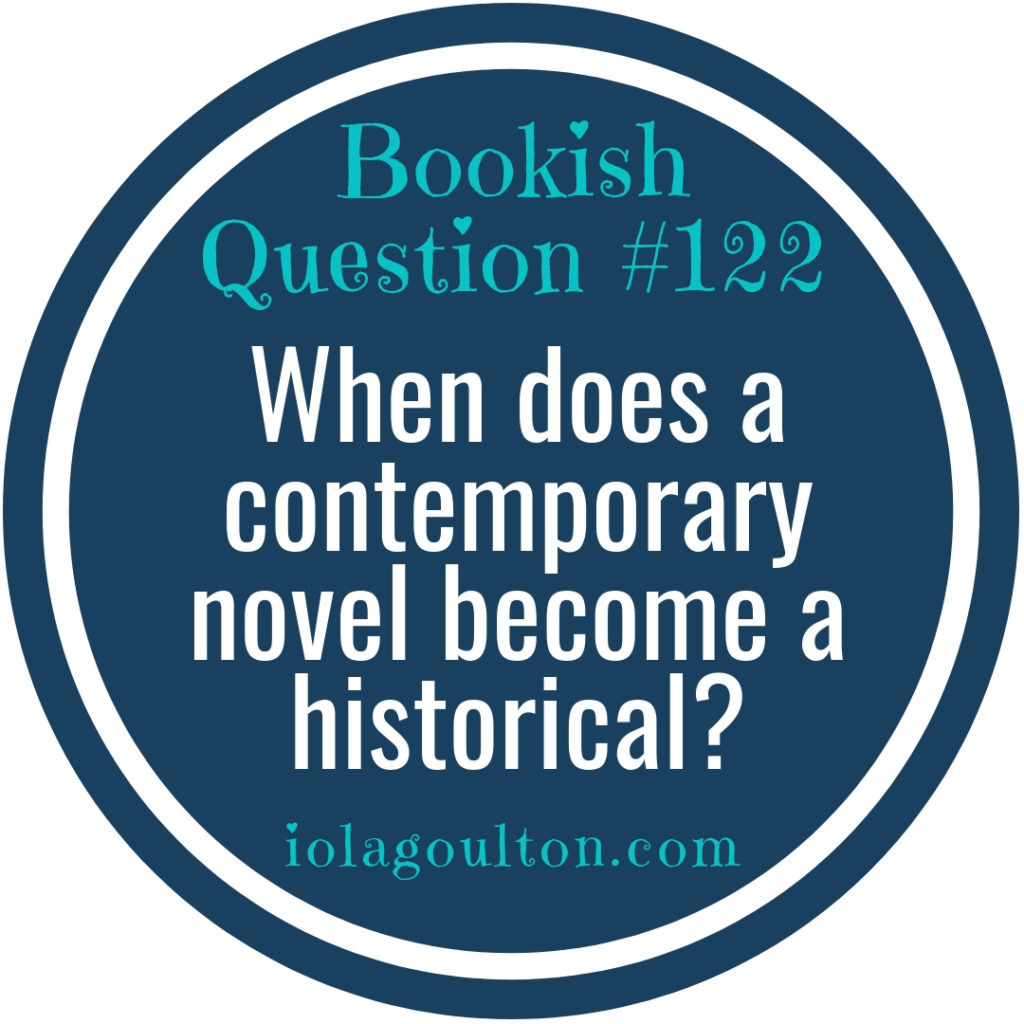When do you think a contemporary novel becomes historical fiction (or vice versa)?
This question came up in a Facebook group recently. An author wanted to know if a novel set in 1979 would be classified as contemporary or historical. That got me thinking … and searching.
Who gets to decide whether a novel is contemporary or historical? It could be:
- Libraries (if they classify by genre)
- Bookstores (who usually classify by genre)
- Writing organisations (especially those with genre-based contests)
- Authors (especially when they’re self-publishing)
- Readers
Most libraries I’ve visited organise fiction by author surname, not by genre, so that’s no help.
Bookstores often classify by genre.
But each store has different classifications, and it’s not always easy to tell what’s what. It doesn’t help that bigger stores usually classify a Christian historical romance as Religious rather than Historical (and if a book featured an African-American character or was written by an African-American author, it might be classified as African-American fiction, not Religious or Historical).
I checked Amazon, but couldn’t find any definition of historical.
That’s not to say it doesn’t exist. I just says I couldn’t find it. If you know where Amazon has a definition of contemporary vs. historical, please add it in the comments!
Amazon use the BISAC (Book Industry Standards and Communications) codes, and I couldn’t find any definition of historical on their site either.
Amazon also isn’t helpful in that publishers self-classify—which is how we find novels in the nonfiction categories, and The Tattooist of Auschwitz in the Australia and Oceania category. (I can only assume someone mixed up Austria and Australia …)
What about writing organisations?
American Christian Fiction Writers have Contemporary and Historical categories in their Genesis and Carol Awards. They define Historical as “up to and including the Vietnam era”. The Vietnam war ended in 1975, so I guess that’s ACFW’s current definition of “historical”.
In contrast, the Romance Writers of America RITA Award and Romance Writers of Australia Ruby Award both classify “historical” as set before 1950. If you’d asked me, I think this is what I would have said—but I’m equally happy with a 1975 or even 1980 date.
With more recent historical fiction, I expect the time setting to be deliberate. For example, Pamela Binnings Ewen has written several legal thrillers set in the late 1970s and early 1980s. She’s writing about things like women’s rights and women in the workplace, so the 1980s setting is important. They would be different stories if they were set in the 1990s or 2010s—no matter whether the stories were labelled “historical” or “contemporary”.
In general, I expect contemporary stories to be set today—this year (or last year).
I expect characters in contemporary novels to have smartphones and Facebook and GPS and the Uber app (unless they’re philosophically opposed to smartphones and Facebook and GPS and Uber … which could make for a fascinating story).
If the novel is “contemporary” and doesn’t have these things, then I need to be clued in pretty quickly that the novel isn’t set today.
I’ve recently reviewed West of Famous by Joni M Fisher, which was set in 2010. That worked for the story, but also worked because the opening made it clear the story was set in 2010. (And yes, there were a couple of plot points that wouldn’t have worked as well in 2019). In that respect, the story was actually historical … even though 2010 is hardly a long time ago.
But what about a story written and published in 2010 that I’m only reading today? Personally, I say that’s a contemporary story. Why? Because it was contemporary when it was written and published.
Using that same logic, Jane Austen was a contemporary novelist, because she was writing about the issues of her day. So were Charles Dickens and Agatha Christie.
So I consider a contemporary story as one that is written and published in the time in which it is set (whether that’s today or two hundred years ago). And a historical story is any story where the author is consciously looking back in time.
What about you? When do you think a contemporary story becomes a historical story (or vice versa)?
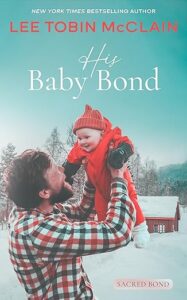 Poor-but-proud Kendra Forrester doesn’t need an arrogant billionaire to tell her how to raise her sister’s baby. But when handsome Zeke King arrives at her Colorado cabin demanding custody of his brother’s child, strategy dictates that she let him stick around.
Poor-but-proud Kendra Forrester doesn’t need an arrogant billionaire to tell her how to raise her sister’s baby. But when handsome Zeke King arrives at her Colorado cabin demanding custody of his brother’s child, strategy dictates that she let him stick around.
